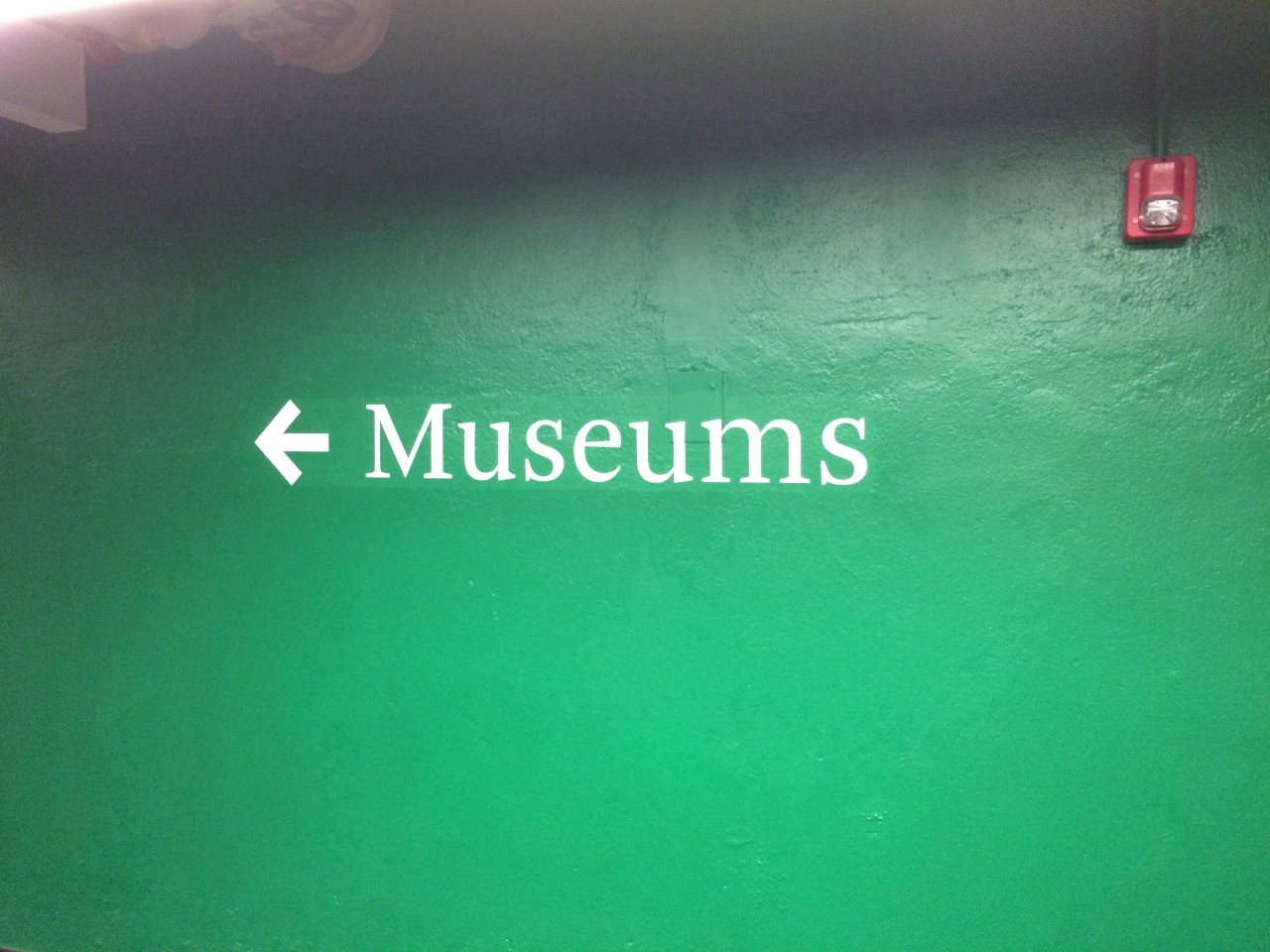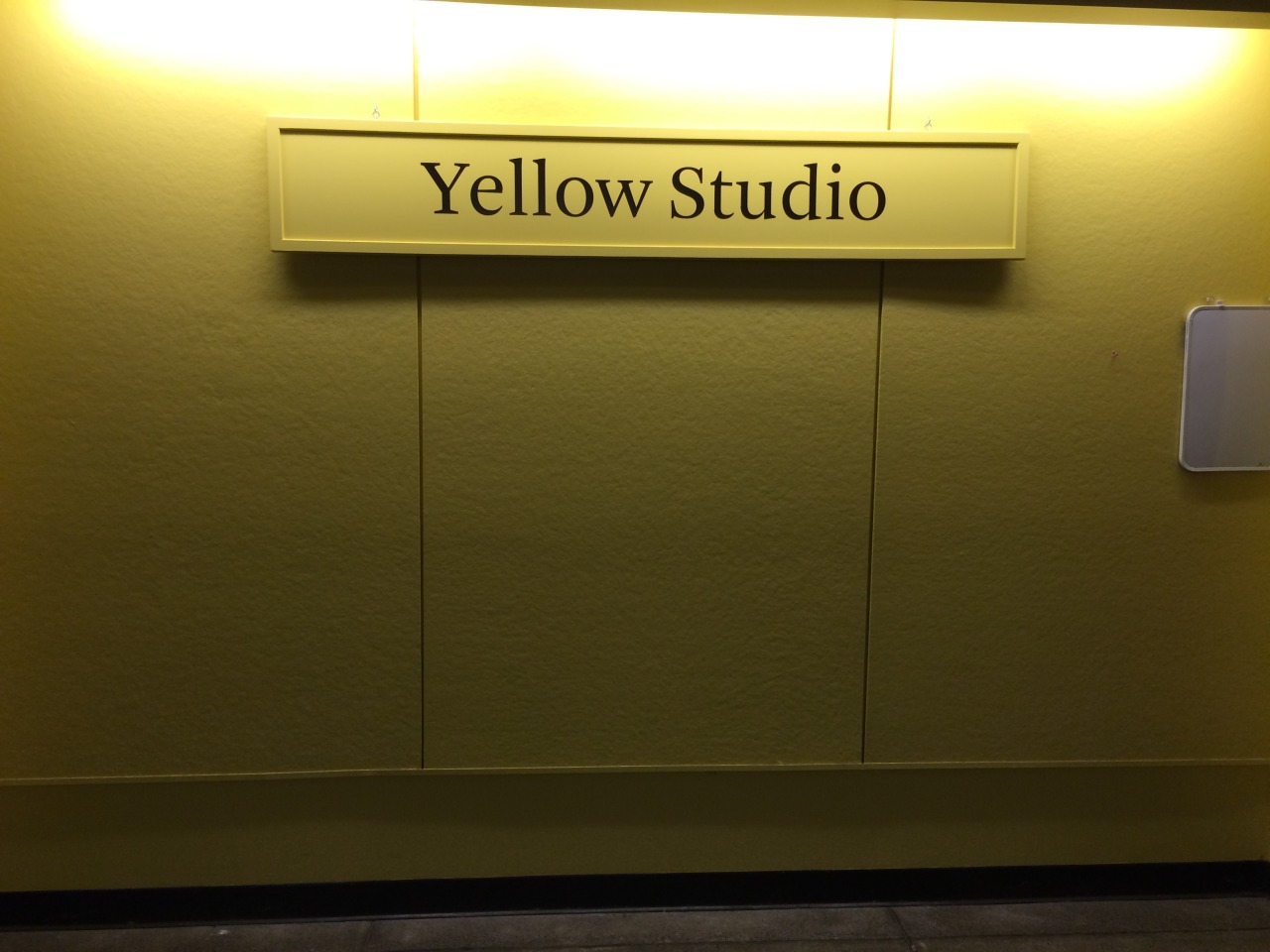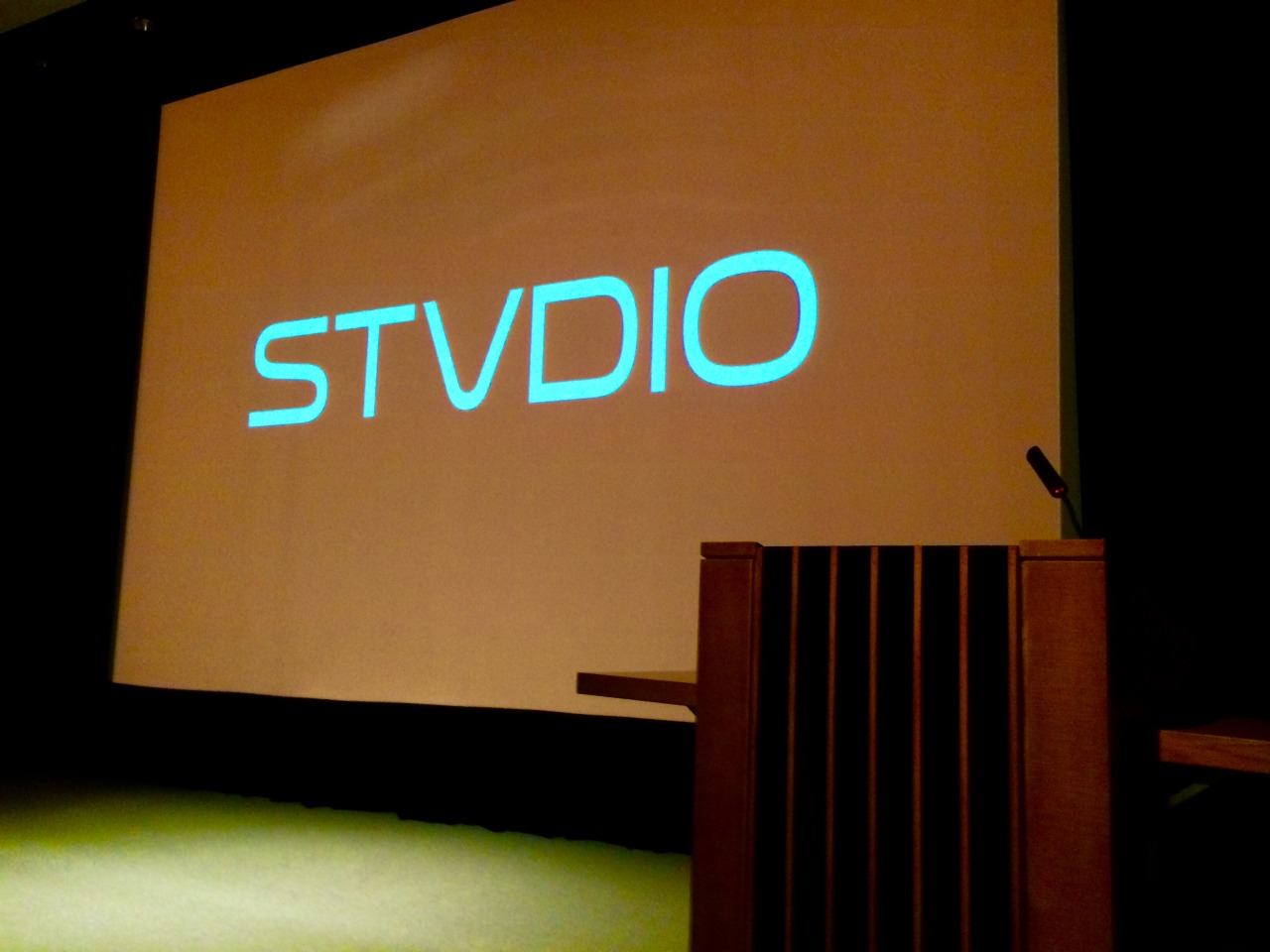“Pundits may be asking if the Internet is bad for our children’s mental development, but the better question is whether the form of learning and knowledge-making we are instilling in our children is useful to their future.”
The Great Works of Software
“Computer people often talk about products. But each of these five have come to represent something else—an engagement with hard problems that are typically thought to be in the domain of philosophy, literature, or art, rather than programming.”
"More willing to help you…"
“A third advantage of mission oriented companies is that people outside the company are more willing to help you. You’ll get more support on a hard, important project, than a derivative one. When it comes to starting a startup, it’s easier to found a hard startup than an easy startup. This is one of those counter-intuitive things that takes people a long time to understand. It’s difficult to overstate how important being mission driven is, so I want to state it one last time: derivative companies, companies that copy an existing idea with very few new insights, don’t excite people and they don’t compel the teams to work hard enough to be successful.”
Literally that much
“The outcome is something like idea x product x execution x team x luck, where luck is a random number between zero and ten thousand. Literally that much.”
Browsers are free to ignore…
“…The Web is a system that allows users to consume content in any combination and presentation that user-chosen software can achieve…Browsers are free to ignore, rearrange, mash-up and otherwise make use of any content from any source.”
Brave’s web browser replaces ads that use 3rd party tracking with ads that give users more privacy and security—and it it then returns up to 70% of ad revenue back to the publishers. https://brave.com/blogpost_4.html
The full quote:
"…The Web is a system that allows users to consume content in any combination and presentation that user-chosen software can achieve.
Browsers do not just play back recorded pixels from the publishers’ sites. Browsers are rather the end-user agent that mediates and combines all the pieces of content, including third-party ads and first-party publisher news stories. Web content is published as HTML markup documents with the express intent of not specifying how that content is actually presented to the browser user. Browsers are free to ignore, rearrange, mash-up and otherwise make use of any content from any source.
If it were the case that Brave’s browsers perform “republication”, then so too does Safari’s Reader mode. The same goes for any browser with an ad-blocker extension installed, or the Links text-only browser, or screen readers for the visually impaired."
“The earth is 4.5 billion years old, but we are a young species, relatively speaking, with an average individual allotment of three score years and ten. The brevity of our lives breeds a kind of temporal parochialism—an ignorance of or an indifference to those planetary gears which turn more slowly than our own.”
The past and the future
“The Cascadia subduction [earthquake] zone remained hidden from us for so long because we could not see deep enough into the past. It poses a danger to us today because we have not thought deeply enough about the future. That is no longer a problem of information; we now understand very well what the Cascadia fault line will someday do. Nor is it a problem of imagination. If you are so inclined, you can watch an earthquake destroy much of the West Coast this summer in Brad Peyton’s “San Andreas,” while, in neighboring theatres, the world threatens to succumb to Armageddon by other means: viruses, robots, resource scarcity, zombies, aliens, plague. As those movies attest, we excel at imagining future scenarios, including awful ones. But such apocalyptic visions are a form of escapism, not a moral summons, and still less a plan of action. Where we stumble is in conjuring up grim futures in a way that helps to avert them.”
Still waiting
“In 1999 Google brought in 16 students to test out their search engine. Upon reaching the site, they sat still for 45 seconds…just staring. Worried, Google finally asked what was wrong. All 16 responded the same: they were waiting for the rest of the page to load.”
Forever
“Once the very last remnants of the very last stars have finally decayed away to nothing, and everything reaches the same temperature, the story of the universe finally comes to an end. For the first time in its life, the universe will be permanent and unchanging. Entropy finally stops increasing because the cosmos cannot get any more disordered.
Nothing happens and it keeps not happening. Forever.”
Gall's Law
“A complex system that works is invariably found to have evolved from a simple system that worked. The inverse proposition also appears to be true: A complex system designed from scratch never works and cannot be made to work. You have to start over, beginning with a working simple system.”
Humility was expensive
“Ford thought of itself as the sort of foundation whose staff did not dictate what its grantees should do but sought out grantees with ideas and methods of their own: that was the social-justice way. But, ironically, this meant that it required far more staff than it would if it came up with its own ideas and hired people to execute them. Coming up with ideas to be executed was the sort of thing that could be done in a meeting at headquarters; but finding small, local N.G.O.s and community leaders and artists and researchers to fund in dozens of countries around the world required offices in those countries, with program staff and administrative staff and maintenance staff and gardeners and drivers, plus money for travel and hosting meetings and all the rest of it. […] Humility was expensive.”
The supplicants were far away
“The first thing he noticed when he arrived at Rockefeller was a strange sense of calm. There was a slow deliberateness to the way things moved that he wasn’t used to—there was no sense of urgency. There was no sense of urgency, he gradually realized, because the people at Rockefeller had no one to answer to. On Wall Street, he always had clients breathing down his neck, and at Abyssinian there were always people lining up in the office who needed his help that very minute. But at Rockefeller the people who needed help were far away—distant supplicants who communicated through applications and waited months for an answer. The supplicants had no right to demand anything—they took what they could get and were grateful for it.”
Decades
“If donors and nonprofits felt that they had to measure their results, might that not lead them to focus on limited sorts of things that could be measured precisely: administering vaccines, for instance, rather than attempting to improve over-all health; or counting missed days of school rather than evaluating student achievement? And what would happen to things that could not properly be measured at all, such as oppression, or justice? What about initiatives whose success could take decades to become evident, such as social movements or the erosion of cultural norms?”
"And how soon would success have to happen?"
“Was it better to be bold and risk failure, or to give money to a project that had a good chance of success? And how soon would success have to happen in order to count—five years? Ten? Was it better to be patient or impatient? On the one hand, social justice wasn’t the sort of thing that happened overnight; on the other hand, there had to be some point at which a program could be declared a failure and cut off, or there would be no accountability at all.”
"A near-insurmountable barricade of obstacles"
“The urge to change the world is normally thwarted by a near-insurmountable barricade of obstacles: failure of imagination, failure of courage, bad governments, bad planning, incompetence, corruption, fecklessness, the laws of nations, the laws of physics, the weight of history, inertia of all sorts, psychological unsuitability on the part of the would-be changer, the resistance of people who would lose from the change, the resistance of people who would benefit from it, the seduction of activities other than world-changing, lack of practical knowledge, lack of political skill, and lack of money.”
Big Bone Room
Carnegie Museums of Pittsburgh
“Communication does not lose constitutional protection as ‘speech’ simply because it is expressed in the language of computer code.”
“[this] would essentially force Apple to say, in code, something with which it fundamentally does not agree.”
Washington Post reporter Hayley Tsukayama, on Apple’s position regarding recent Department of Justice requests. (link)






